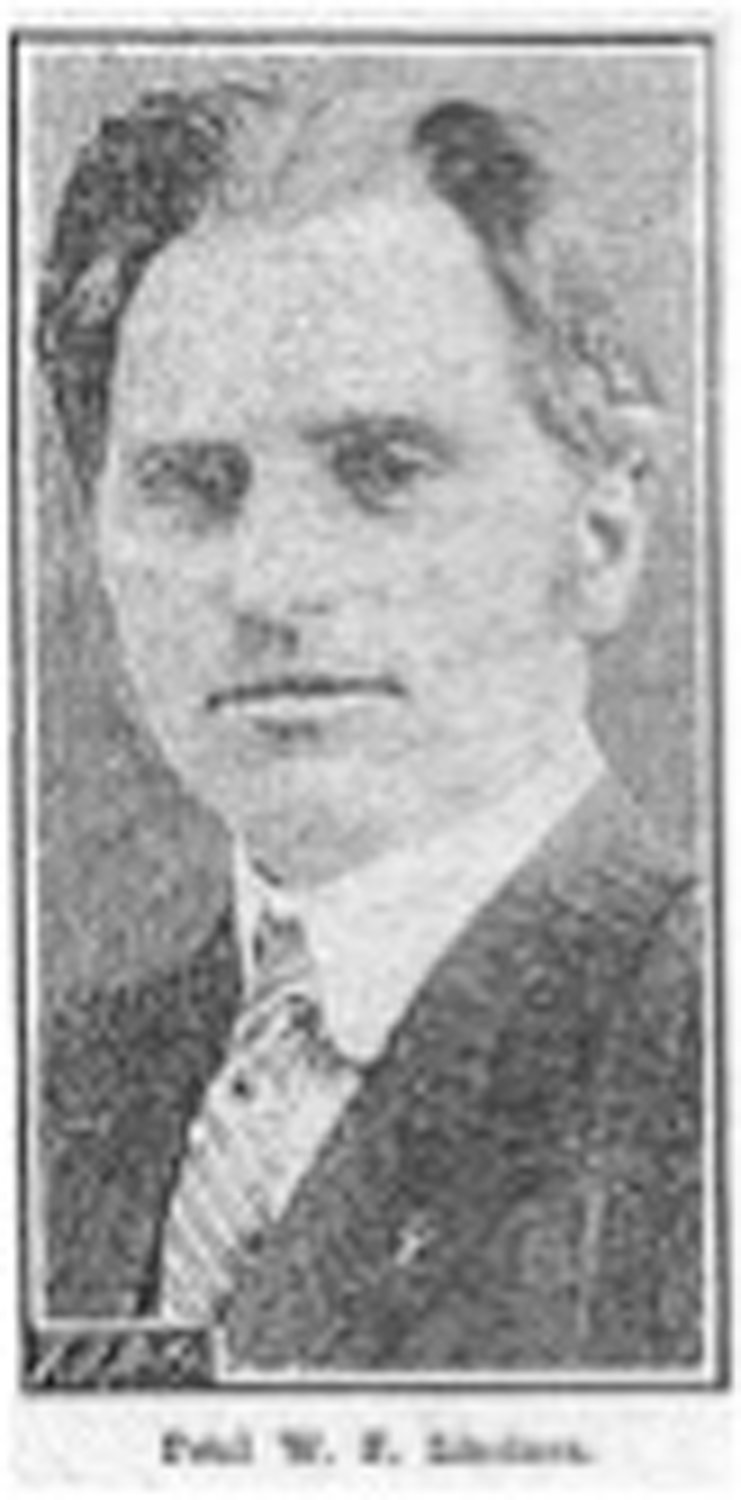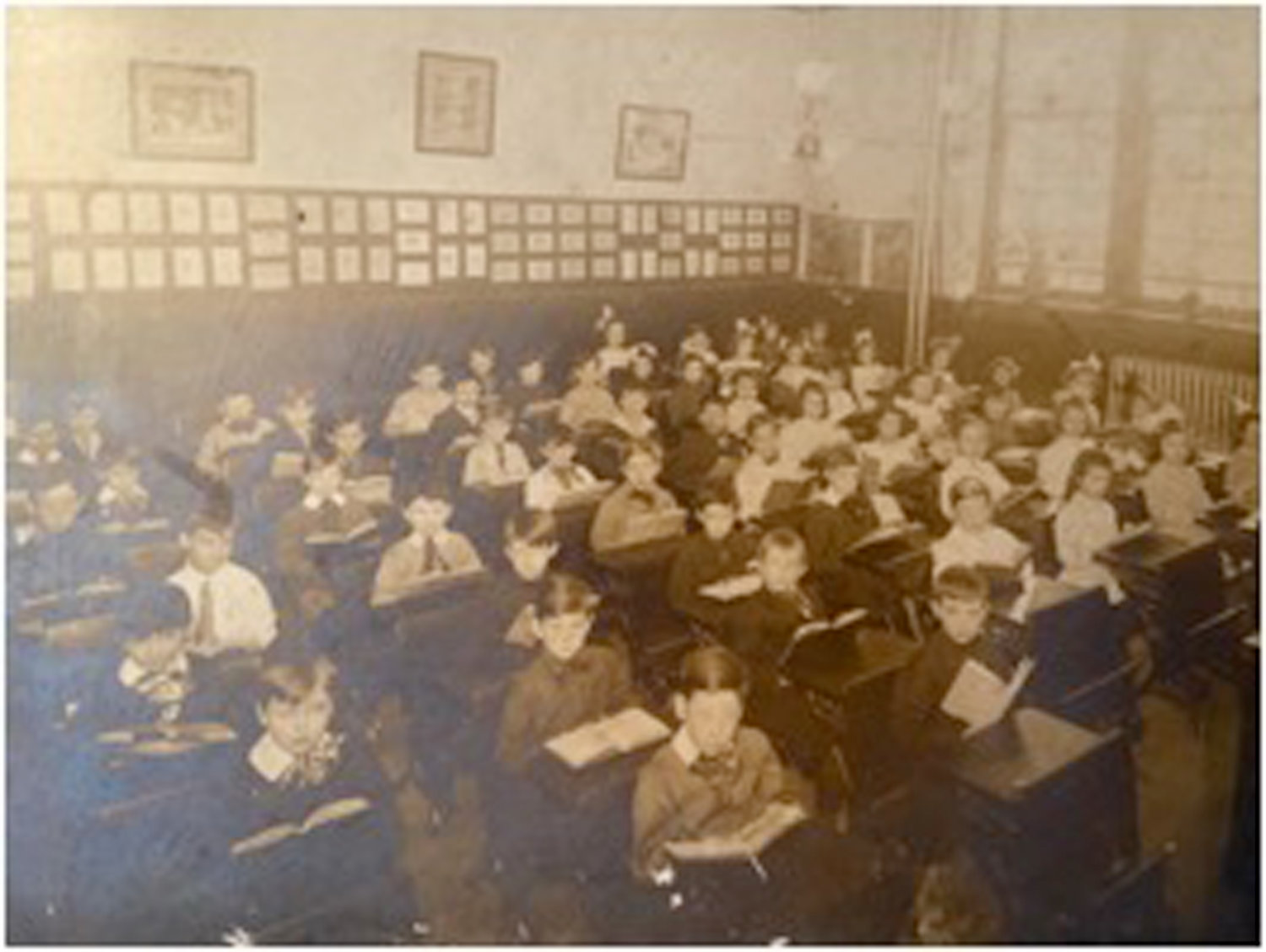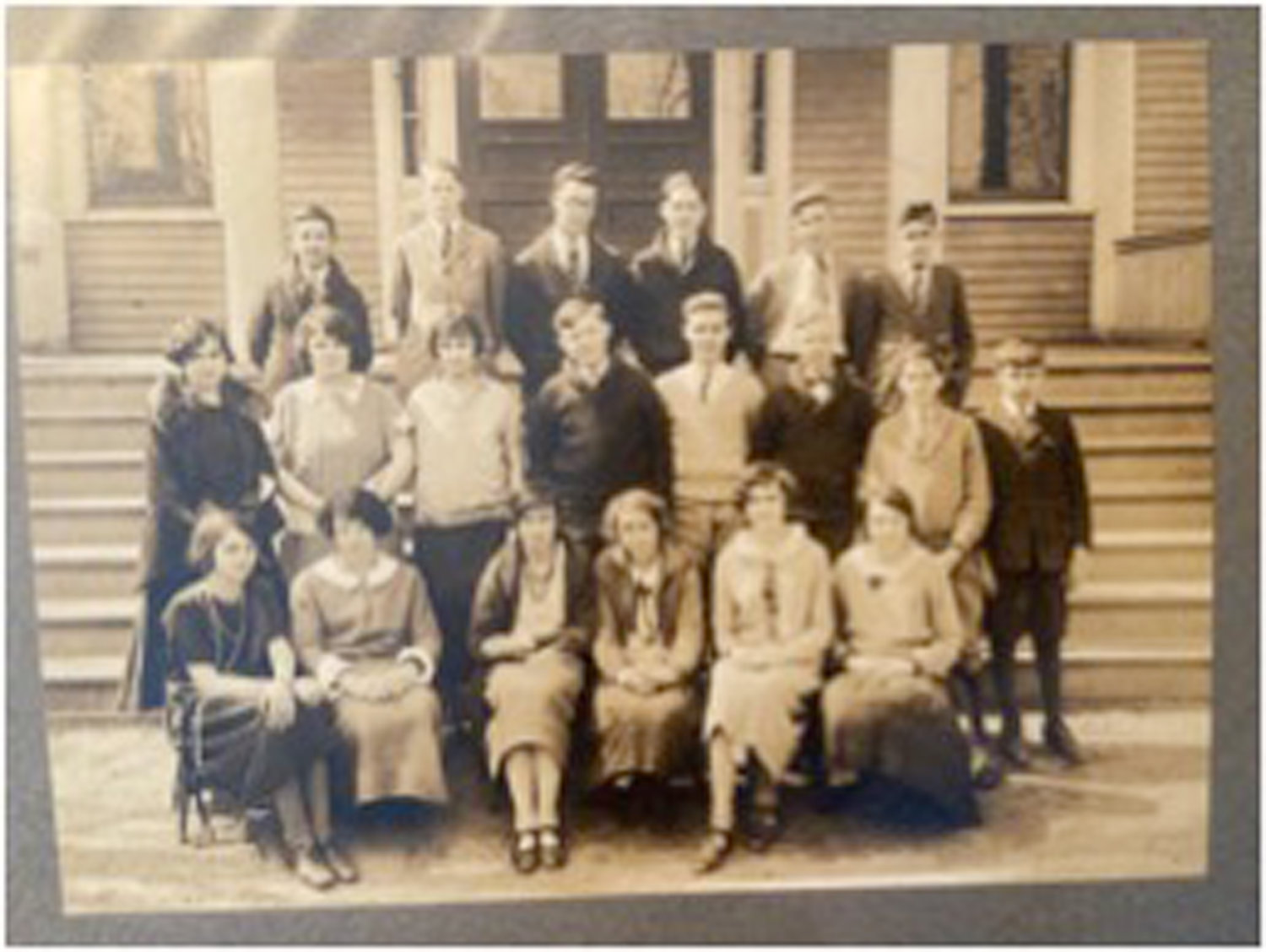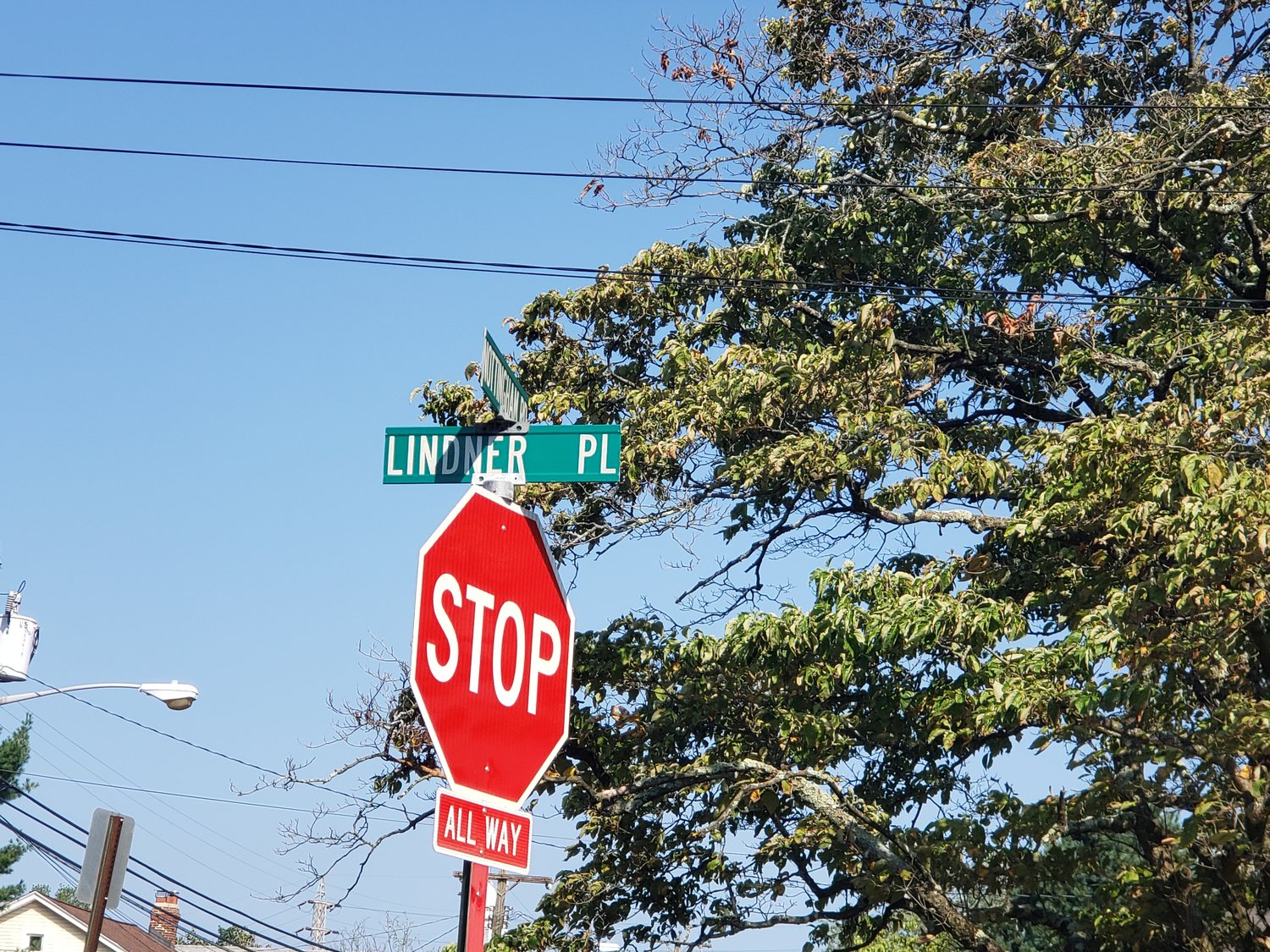The history behind Lindner Place in Malverne
In 1966, the Malverne School District was the first district in New York to receive a desegregation order. At the time, the school district had three elementary schools: Woodfield Road, Davison Avenue and Lindner Place. The Lindner Place School, now known as Maurice W. Downing Primary School, was named after Paul Lindner, a man remembered as a farmer and a prominent historical figure in Malverne until recently.
As heightened racial tensions have prompted the removal of statues and the renaming of streets of dubious origin globally, village residents have discussed the idea of changing the name of Lindner Place, because Lindner was a leader of Nassau County’s chapter of the Ku Klux Klan.
Born to German immigrants in the late 1870s, Linder played an integral role in the establishment of Malverne’s growth. In 1915, Lindner, in collaboration with Amsterdam Realty Company, started working to develop the community, and earned much respect from residents, according to a report from the Long Island Forum.
“People wanted him to run for what was the equivalent of mayor at the time,” Village Historian David Weinstein said. “He donated a lot to the village.”
However, in 2011, a post made on the blog, “West Hempstead Now and Then,” noted Lindner’s association with the KKK. Lindner was a high-ranking member of the group who held the title, “Great Titan of the New York State Klan.” He led several demonstrations on Long Island and took part in many of the KKK’s activities.
Despite being nestled within the confines of Long Island — and more specifically, Nassau County — the area boasted staggering KKK membership numbers. KKK rallies on Long Island would attract hundreds, and sometimes thousands of attendees. On the Fourth of July in 1927, Klan members from Queens and Long Island got together in Lindenhurst for a celebration of the holiday, in which they held cross burnings and lit fireworks. The New York Herald Tribune reported that more than 10,000 people attended.
KKK members on Long Island used the same intimidation methods as their southern counterparts such as cross burnings and large gatherings to instill fear in the populations they were targeting. In addition, funeral processions for fallen KKK members included cross burnings. The group was also known to publicly target people and run them out of their homes and communities. As a leader of the local chapter of the KKK, Lindner was often present at these events.
Events such as the killing of George Floyd in Minneapolis have prompted many community leaders to look up the origins of street names and statues. Discussions to rename Lindner Place began on June 10 during a peaceful protest in the village. Lakeview NAACP President Doris Hicks, a Lakeview resident for 34 years, spoke about the need to rename Lindner Place.
“This month is the time for change,” Hicks said in June. “Today I’m inspired and excited to know what we can do as a community.”
In July, residents started a petition urging Malverne Mayor Keith Corbett to rename Lindner Place to Cherry Lane. The new name would honor Elizabeth Carol Cherry, an educator who served the Malverne School District for more than 30 years. Although the petition has gathered more than 5,000 signatures, some members of the community are opposed to renaming Lindner Place. Their reasons include fear that a renaming would erase the contributions Lindner made to the community and worries about the way it could financially affect Malverne residents.
“They have no idea of the costs this change could impose on the residents who may or may not agree with their thinking,” said a Malverne resident who preferred to remain anonymous. “These folks are naive enough to think the village will pay for this change, too. They obviously have no idea of how a small village government works.”
Laura Intranuovo-McDugle, who grew up in the village, said that while she understands the legal aspect of the street renaming, she believes that this change would be worth it. “There’s simply no room for racism, or glorifying racism in Malverne or anywhere else in the world,” Intranuovo-McDugle said. “No price can be put on all members of a community feeling valued, respected and heard.”
Nakeem Grant contributed to this story.













